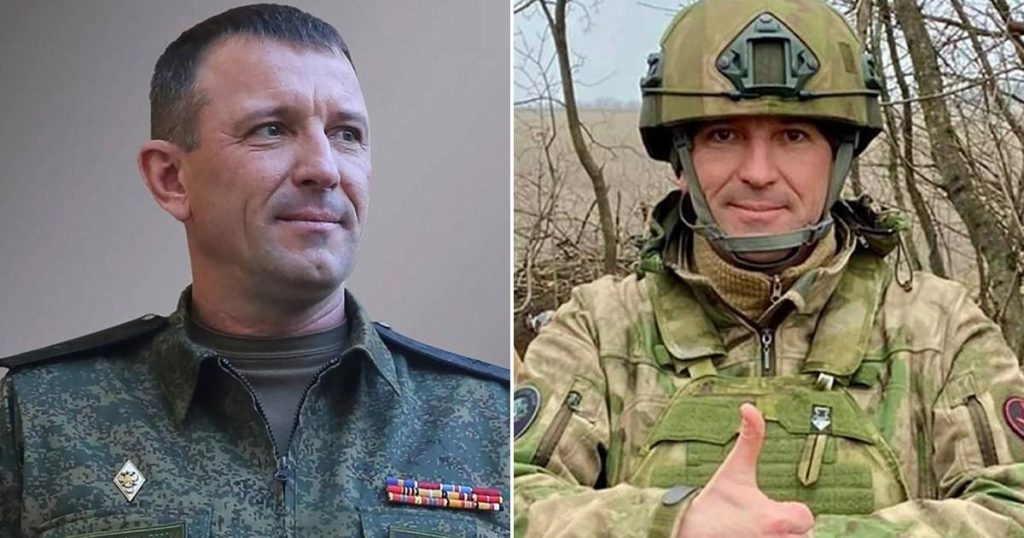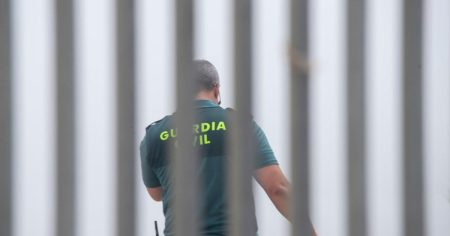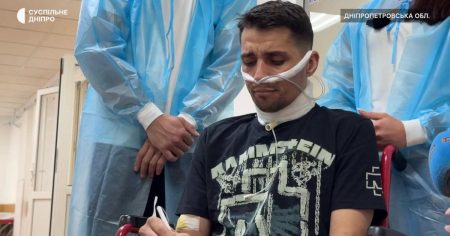Paragraph 1: The Rise and Fall of "General Spartacus"
Major General Ivan Popov, affectionately known as "General Spartacus" by his troops, held a prominent position within the Russian military. His leadership during the Ukrainian counteroffensive in Zaporizhzhia in June 2023 solidified his reputation. Despite successfully repelling the Ukrainian advance, Popov’s outspoken criticism of the Russian military leadership, particularly Chief of the General Staff Valery Gerasimov, led to his dismissal in July 2023. Popov accused Gerasimov of undermining the army’s efforts by neglecting the needs of frontline troops and contributing to high casualty rates. His direct condemnation of the military hierarchy marked a turning point in his career, setting the stage for a dramatic downfall. His words resonated with many within the military ranks and beyond, fueling speculation about internal dissent and the true cost of the ongoing conflict.
Paragraph 2: From Syria to Fraud Charges: The Targeting of a Critic
Following his dismissal, Popov was reassigned to Syria, a move interpreted by some as an attempt to sideline him. However, his troubles escalated in May 2024 when he was arrested on charges of large-scale fraud. Russian authorities accused him of embezzling funds intended for frontline fortifications, portraying him as a gambling addict who falsified documents for personal gain. Popov vehemently denied the allegations, claiming they were fabricated in retaliation for his criticism of the military leadership. His supporters, including influential pro-Russian military bloggers, echoed his claims, viewing him as a patriotic figure unjustly targeted for speaking truth to power. The case became a focal point for discussions about corruption, dissent, and the treatment of critics within the Russian military.
Paragraph 3: The Kursk Offensive and the Need for Manpower
As the war in Ukraine dragged on, and with calls for peace talks growing louder, Vladimir Putin sought to bolster his position by securing territorial gains, particularly in the strategically important region of Kursk. However, the offensive in Kursk proved costly for Russia, with significant losses reported. Ukrainian forces, under the command of General Oleksandr Syrskyi, launched a successful incursion into the region, capturing territory and inflicting heavy casualties on Russian troops. Faced with mounting losses and the need to maintain momentum, Putin sought to reinforce his ranks. This led him to enlist the support of an unlikely ally: North Korea, which reportedly dispatched thousands of troops to bolster Russian forces in the region. The involvement of North Korean soldiers highlighted the increasing desperation within the Russian military and the lengths to which Putin was willing to go to achieve his objectives.
Paragraph 4: A Potential Return to the Frontlines: From Accused to Soldier
With the Kursk offensive proving to be a brutal and protracted campaign, the Russian military faced a critical shortage of manpower. In a controversial move, the Russian Ministry of Defense appears to have extended an offer to Ivan Popov: return to military service in exchange for potential leniency in his ongoing fraud trial. This practice of offering accused individuals, not just convicted criminals, the opportunity to serve on the frontlines in exchange for reduced sentences or dropped charges, has become increasingly common in Russia. Despite facing serious allegations and ongoing legal proceedings, Popov, who had previously expressed his willingness to return to service, seemed poised to rejoin the ranks. This decision raises significant questions about the integrity of the legal system and the desperate measures being taken to address manpower shortages within the Russian military.
Paragraph 5: The Human Cost of War: Casualties Mount on Both Sides
The ongoing conflict in Ukraine has exacted a devastating toll on both sides, with casualties continuing to mount. Estimates suggest hundreds of thousands of soldiers have been killed or injured since the start of the full-scale invasion in February 2022. The Kursk offensive has been particularly brutal, contributing significantly to these staggering figures. The human cost of the war extends beyond military personnel, with countless civilian lives lost and displaced. As the fighting continues, the pressure to find a resolution intensifies, but deep divisions and conflicting objectives remain significant obstacles to achieving a lasting peace.
Paragraph 6: Popov’s Potential Fate and the Irony of War
Popov’s potential return to the front lines presents a stark irony. The general who once criticized the military leadership for sacrificing the lives of soldiers could now find himself fighting alongside the very troops he sought to protect, and potentially alongside North Korean soldiers recruited to fill the gaps in Russia’s depleted ranks. This turn of events underscores the unpredictable nature of war and the precarious position of those caught in its crosshairs. The message Popov delivered to his troops in 2023, emphasizing the shared experience of death, fear, and pain in war, might become more poignant and personal than he could have ever imagined. His journey from respected general to accused criminal to potential frontline soldier reflects the complexities and contradictions of the conflict, highlighting the human drama unfolding against the backdrop of geopolitical tensions.











